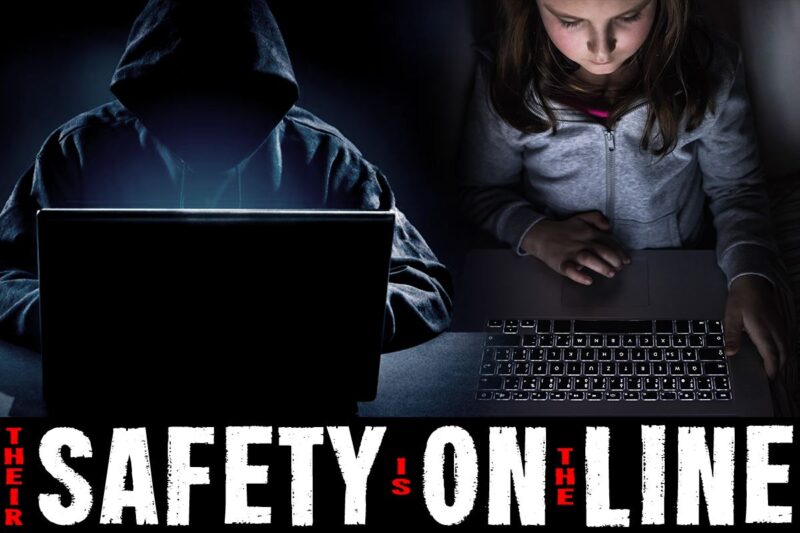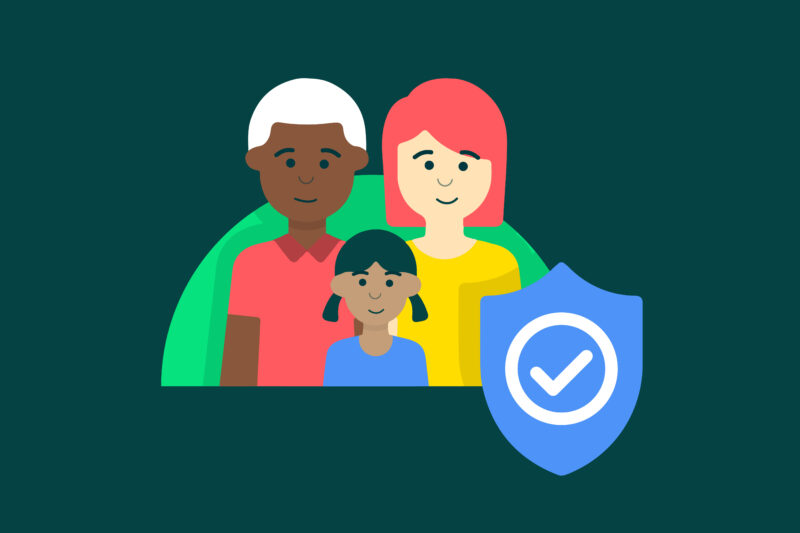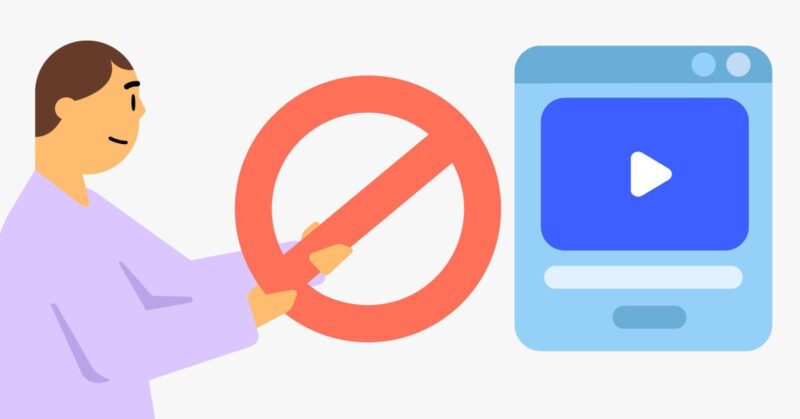This post was developed via a partnership with BetterHelp.
As a parent, there’s likely nothing you value more than your child’s safety. While we watch our society become more and more digital, it’s important to teach your children the key principles of online safety so that both you and they can go through life feeling secure and educated as technology’s role in our lives becomes greater. Internet safety can range from avoiding talking to strangers to recognizing and looking out for potential viruses and scams.
Should my Child be Allowed to Use the Internet?

Some parents find it tempting to entirely remove the internet as a temptation for their kids. That urge to “live off the grid” is certainly understandable. Just note that, with all things that can be difficult to navigate as a child, it is sometimes better to teach them how to use it in a controlled and supervised environment rather than guarding them from it entirely.
The reality is that your child will be exposed to the internet at some point, and when that moment comes, they will ideally understand how and why to use it as a tool. If they have no skills associated with being online, then they might fall into traps associated with not having high computer literacy.
Here are a few ways to teach your child online safety.
1. Lead By Example
We can all be susceptible to spending too much time scrolling social media, shopping online, playing video games, or otherwise letting our internet usage get away from us. Ensure that, if you want your child to be more responsible with how they use the internet, you first model exactly what that looks like through your behavior.
2. Stranger danger

What’s amazing about the internet is exactly what can also make it frightening for parents of the children accessing it. A key concept to remember in online safety is stranger danger. This is probably one of the most common lessons taught from a young age: don’t talk to strangers. What makes this phrase so important as it pertains to internet safety is the fact that through the internet, you can speak to anyone, anywhere.
As adults, we’re often concerned with how to talk to strangers online safely as we input credit cards for purchases and addresses for deliveries and recite our bank numbers for customer service representatives. For children, a solid rule of thumb is to just not to speak to strangers across the board, online or in person; unlike for adults, there’s no necessary reason to break the rule of avoiding stranger danger.
Be sure to talk to your children about what is a normal or abnormal conversation to have with someone online and make sure they know that they can talk to you about their experiences and they won’t be in trouble. Sometimes, people with nefarious intent use the fact that children might be nervous to talk to their parents about their online behaviors as a means by which to control the child and keep their conversations secret. A child who knows they can openly discuss their lives with a parent is a child who tells their parent as soon as something strange is going on with an online friend.
3. Scams and Viruses
Unfortunately, scams and viruses can lurk anywhere and everywhere. It may be “click here for a free tablet” or simply an email that looks ever so slightly off. These things can be hard to recognize, but they remain important to learn about as scams become increasingly sophisticated.
Teaching your kids to avoid clicking on suspicious links does good not only for your child’s safety, but also for your own cybersecurity. Even further, also teaching them not to input sensitive information into just any form requesting it, is essential to securing your family’s cyber security as well.
Forms requesting sensitive info in exchange for goods that seem too good to be true are often, in fact, too good to be true– an ad that says “free gaming system, just enter your card number and CVV,” might seem like an obvious scam to an adult, but you will have to be the one to teach your child to avoid that type of ad.
4. Parental Controls

Parental controls placed on your children’s devices can be game changers. Not only do they allow you to limit screen time, they also allow you to monitor and control what they have access to. This is important for ensuring that your children are consuming safe content and helping to lower the amount of time they spend in front of their screens.
5. Password Security
Another great thing to teach your children about internet safety is password protection and security. This begins with the password they pick. It’s helpful to pick something long with a variety of characters: numbers, letters, special symbols. This password should have originality and differ from the passwords they use for everything else.
Having a secure password is just the first step. Making sure that they don’t share or write down their password, instead electing to remember it, is also an important step toward password protection. With careful password protection and selection, your child is a step closer to online safety.
6. Blocking

The last concept to discuss with your kids is blocking. Blocking someone is a very simple step but making sure that your child knows that they can and should always block someone they feel suspicious of. If it’s someone saying they know them from school but the name seems unfamiliar, if they’re being bullied or harassed, if someone makes them uncomfortable, their ultimate, last line of defense is to block that person.
Related Posts:
- Cybersecurity in Online Casinos - How to Ensure Your…
- Who Are Business Coaches and What Can They Teach You?
- Secure Your Bets: How Cryptocurrency Is…
- 3 Ways Phone Tracking Apps are Keeping Your Kids…
- 9 Factors to Consider When Choosing College for Your…
- 3 Health Resolutions You and Your Kids Can Make Together








